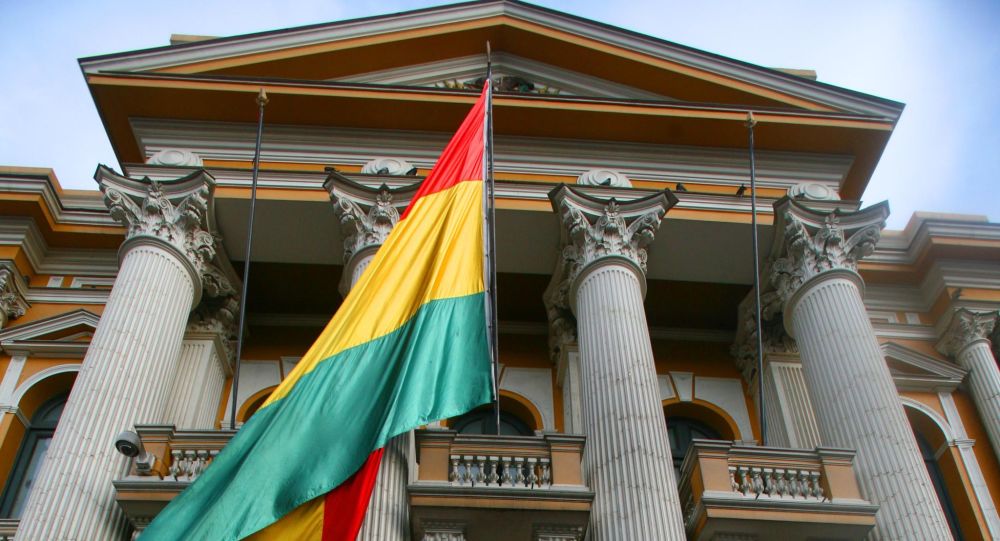RIO DE JANEIRO, BRAZIL – “In the absence of significant considerations, this law is passed, refer it to the Executive Branch for constitutional purposes,” said the president of the Chamber, Sergio Choque, at the end of the session.
Prior to the vote in the Chamber, the Senate had unanimously passed the Exceptional and Transitional Conditions for the General Elections bill.

Shoque said that despite the political differences between deputies, the interests of the Bolivian people took precedence in the session, which was required to ensure that legislators want to pacify the country.
“At this very moment the law that we have passed here in the Chamber of Deputies is already being sent, and I hope that tomorrow, November 24th, it will be promulgated by the interim president,” he said in brief contact with journalists.
Null and void elections
According to the Law on Exceptional and Transitional Conditions for General Elections, the elections held on October 20th have no legal effect and new elections will be held to elect representatives.
Regarding the election of members of the Supreme Electoral Court (TSE), the rule establishes that the Plurinational Legislative Assembly (ALP) will carry out a new electoral process within 20 calendar days of the enactment of the regulations.
As for the general elections, the members of the TSE will convene the general elections for 2020 within two calendar days of taking office.
Similarly, the TSE, through the Civic Registration Service (SERECI), will carry out the tasks of reorganizing the electoral list for the forthcoming elections.
The law also provides that all political organizations of national scope with updated registrations may be involved in the enactment of the regulations.
With regard to candidates, the rule provides that citizens who have been continuously re-elected to an electoral office during previous two constitutional terms may not run as candidates for the same electoral office.
Representatives of the Organization of American States (OAS), the United Nations (UN), the Inter-American Commission on Human Rights (IACHR), and the Catholic Church, as mediators, accompanied the parllamentary session.
Source: Agência Brasil

